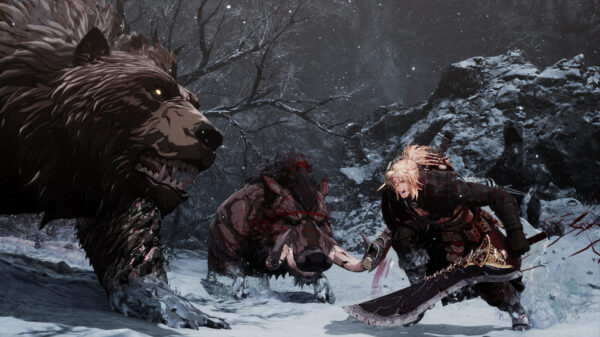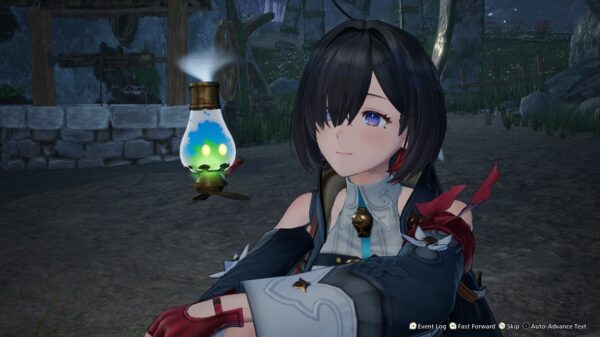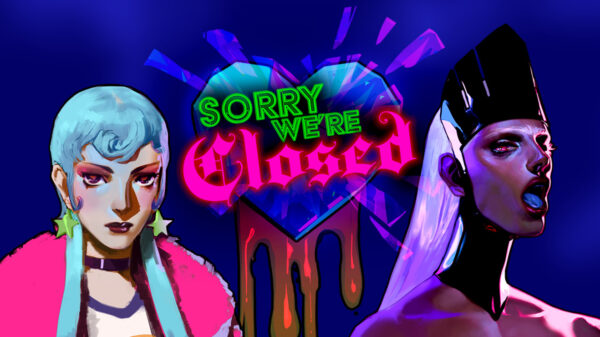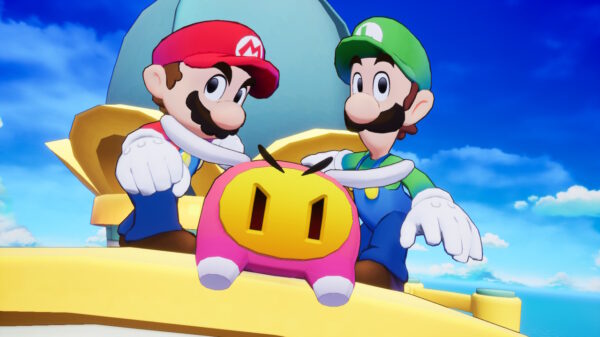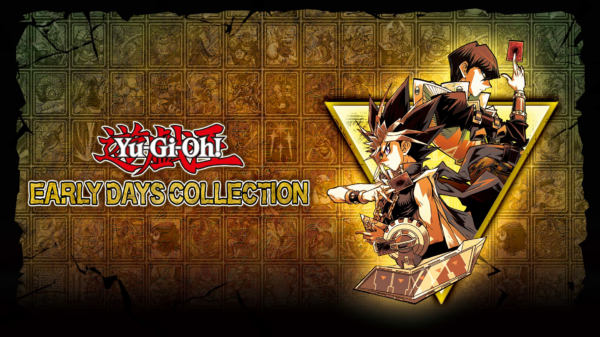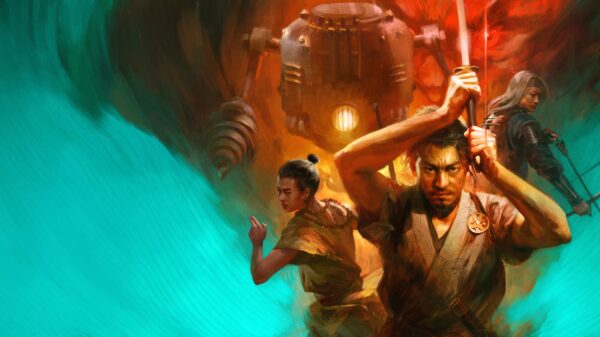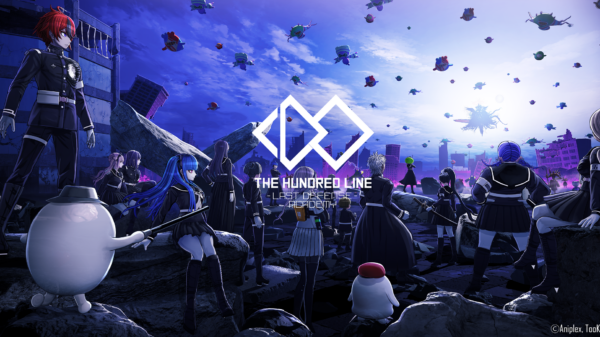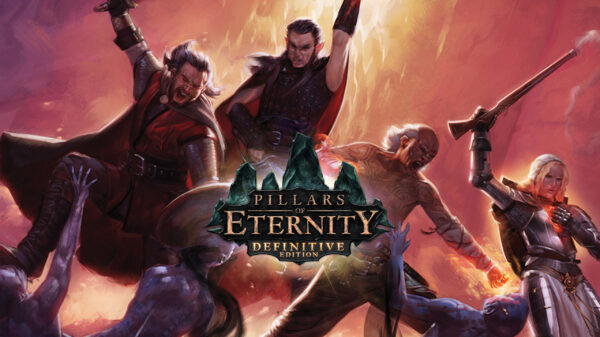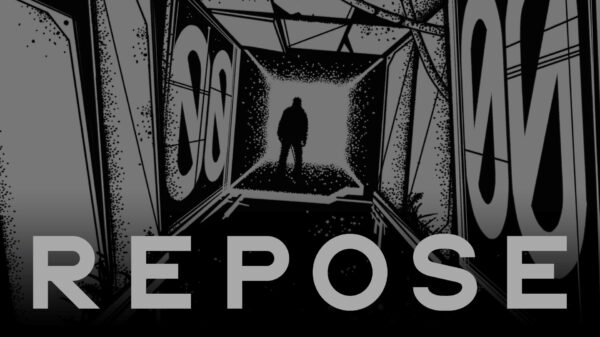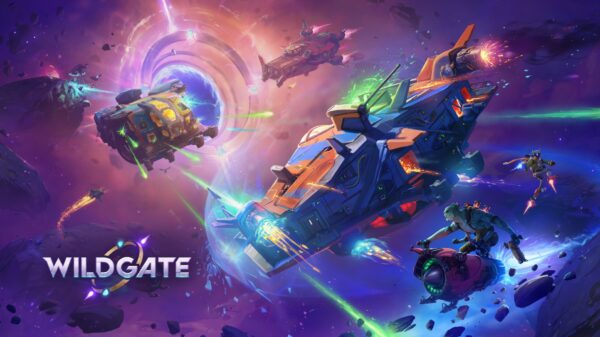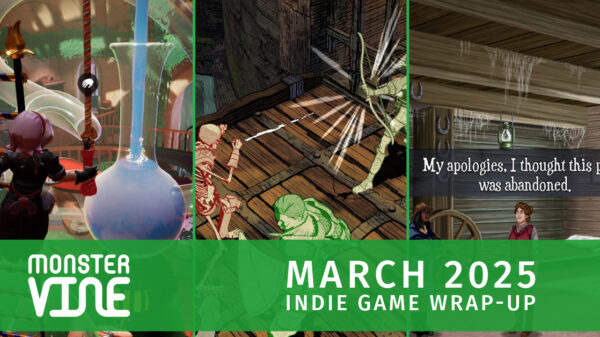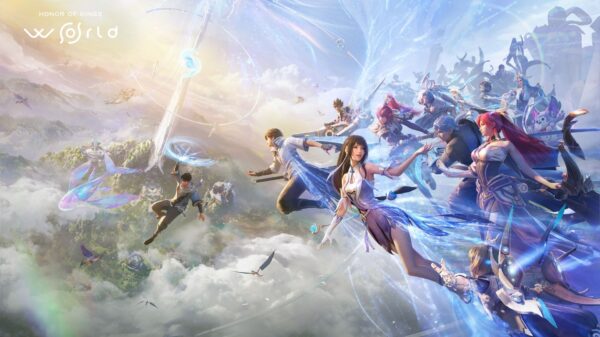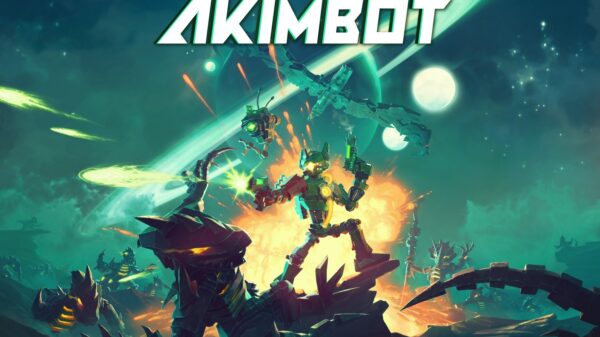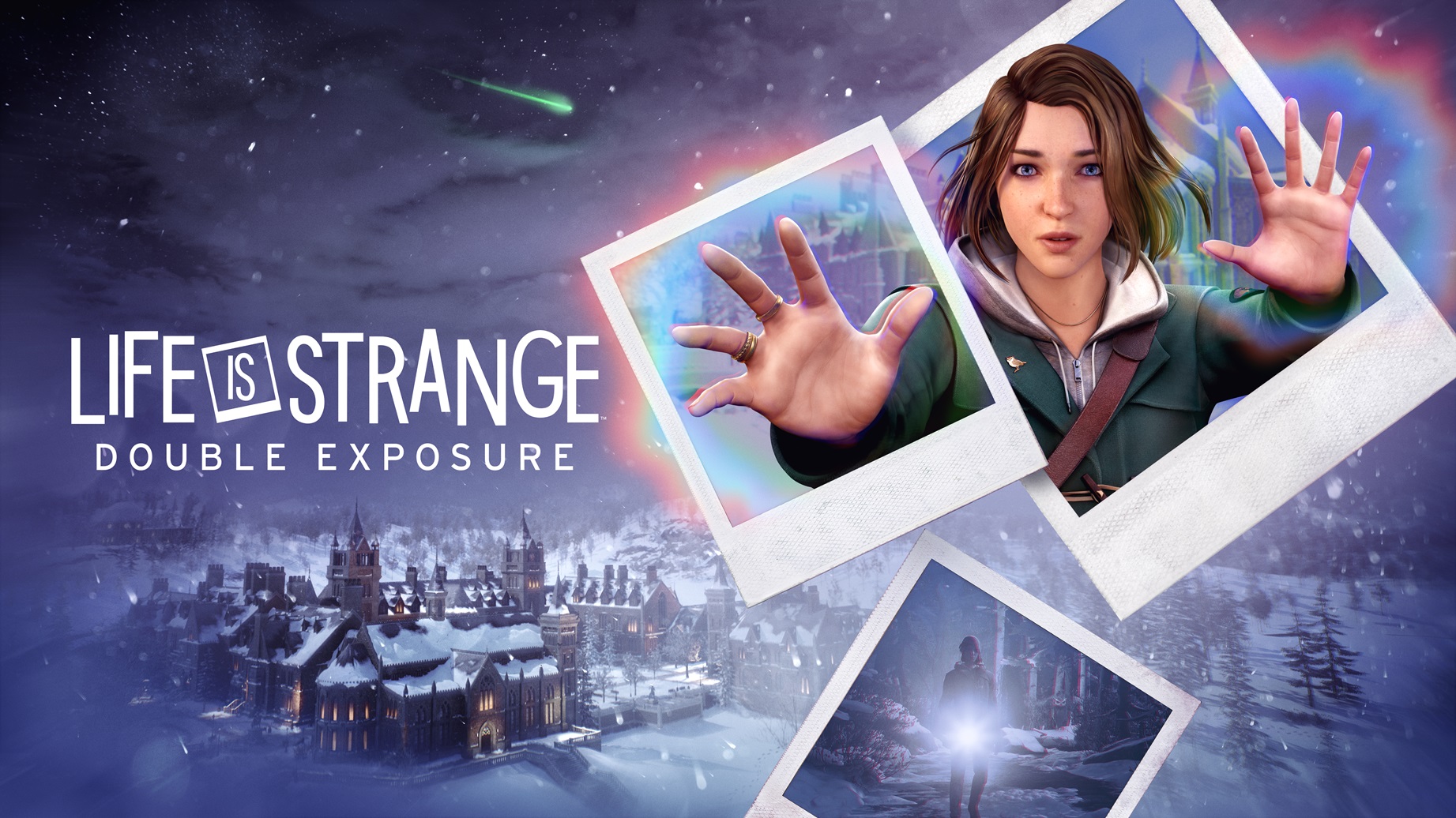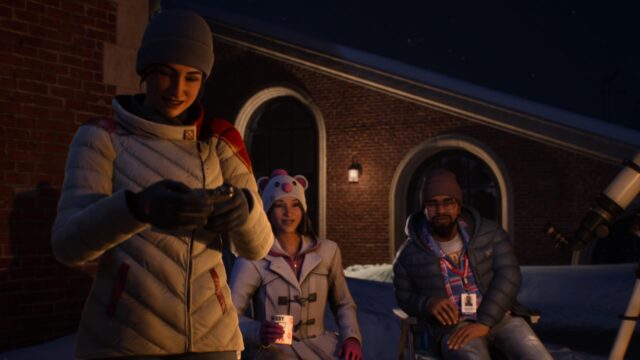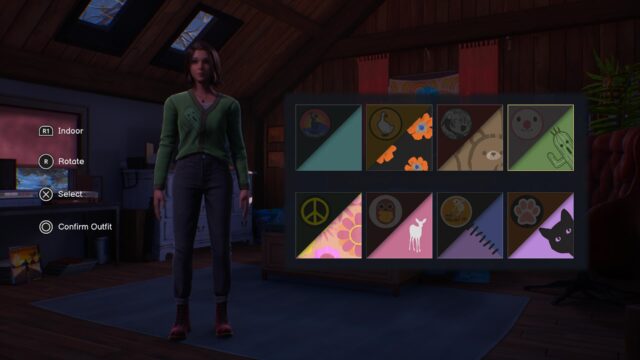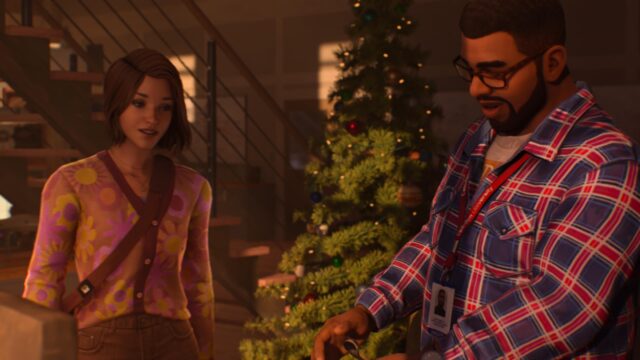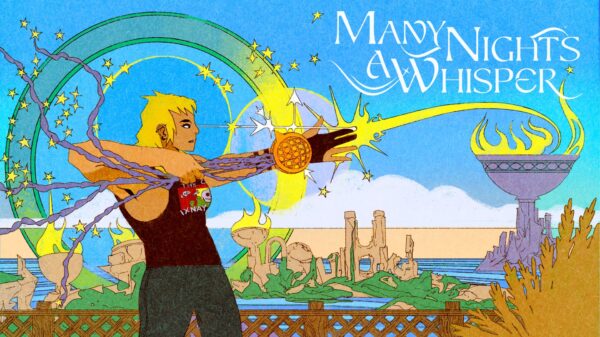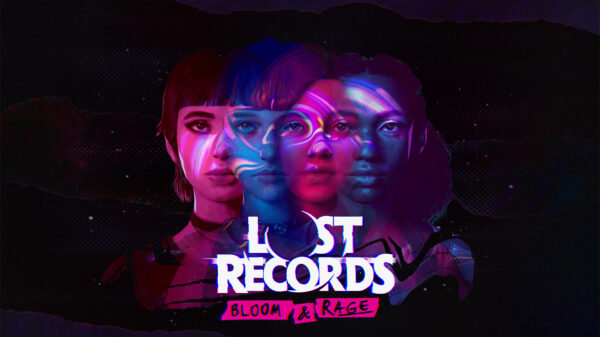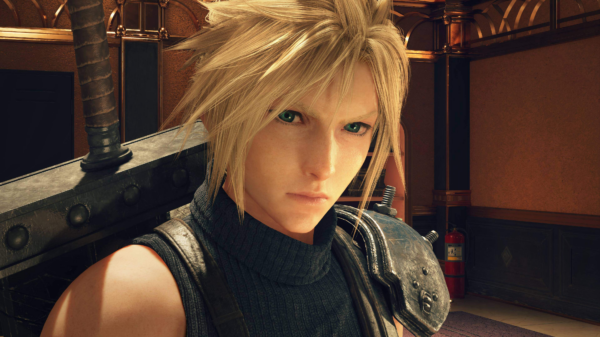Until I played Life is Strange: True Colors I wasn’t sure how Deck Nine was going to handle being in charge of the Life is Strange franchise. I was pleasantly surprised by how well True Colors turned out and adapted Max’s strange superpowers with a new protagonist. With the upcoming release of Life is Strange: Double Exposure though, Deck Nine has their work cut out for them. Our own Will Saw interviewed the Deck Nine team about Double Exposure last month and it seems the emphasis is exploring morality and how Max feels about her superpowers as well as dealing with the trauma from the first game. How does that unfold and what does that look like?
I explored both endings from the original Life is Strange games. You could say the game was so nice I played it twice. Life is Strange gives these small town indie vibes that take their time and don’t rush the player. There are quite literally scenes where you can sit down and the camera will shoot around the area showcasing the beauty of the mundane. It’s rare that a game, or any modern piece of media really, will allow you to just sit in the world created and observe. It brings me great joy to report that I was able to sit in the Fine Arts Building (known as the FAB) in Caledon University and drink a coffee from the coffee bar while enjoying the art on display.
Life is Strange, the original game, focused on a relationship between two girls, Max and Chloe. In Double Exposure, we see Max all grown up and living the life of someone who has to deal with the decisions made in the first game, primarily, the big finale question. If you haven’t played the original Life is Strange, there’s a remastered version out now that I highly recommend. Deck Nine has mentioned previously that they’re looking to remain faithful to the original games without determining a canon decision, and that’s reflected immediately when Max’s friend Safi asks her about her past. I could probably go on for hours about the decision Max has to make at the end of Life is Strange, certainly a weighty one for an eighteen-year-old kid. Now, ten years later, it’s time to find out what happened and how she’s doing.
The first thing you’ll notice about the new Max Caulfield is that she’s updated her style to be more in line with the times. However, the player gets to choose between 8 different outfits to determine what Max is wearing in each chapter. Max is in the cold Vermont winter now and she needs both indoor and outdoor clothes to wear though sadly, you can’t mix and match. What item you choose, whether outdoor or indoor clothing, is tied to a specific counterpart. Of course, there is a little fan service as one of her outdoor outfits includes a cute Moogle beanie with a matching Cactuar shirt for indoors.
Max is a photography professor at Caledon University, a liberal arts college in Vermont. She’s friends and acquaintances with the other teachers and faculty, teaches workshops, and establishing rapport with her students, and flirts with the bartender at the college bar. Respectfully, a life has been crafted for Max in this Northeastern locale taking her far away from Arcadia Bay. We’re given access to a few things that establish what Max has been doing over the past ten years, primarily, a journal. While brief, the journal does go over her and Chloe’s relationship, depending on whether or not the player chooses if they’re friends or lovers, and her relationship with her parents. In my mind, Max and Chloe naturally became lovers so that’s what I chose.
The journal colors in the particulars of what’s happening currently as well as the past. As the player progresses in the story, the journal fills in with story tidbits and beautiful illustrations. Often, these types of accoutrements are merely filler but Deck Nine has lovingly crafted a social media outlet, long text conversations, and a beautiful journal that colors in Max’s past enough that leave very few questions for even the most discerning players. I read everything and experienced the emotional rollercoaster that went along with each text and entry in Max’s journal.
After having played True Colors, I was expecting Deck Nine to do well with Double Exposure. To be honest, though, I’m not sure I was expecting this. I don’t want to hype too much, I got to play through the first two chapters and this is primarily a narrative experience after all. Based on what I played so far, I have high expectations for the rest of Double Exposure. More importantly, I’m glad the reins have been picked up by a developer who is clearly invested in the characters and world that came before them. I can’t wait to experience more of Life is Strange: Double Exposure when it releases later this month.

